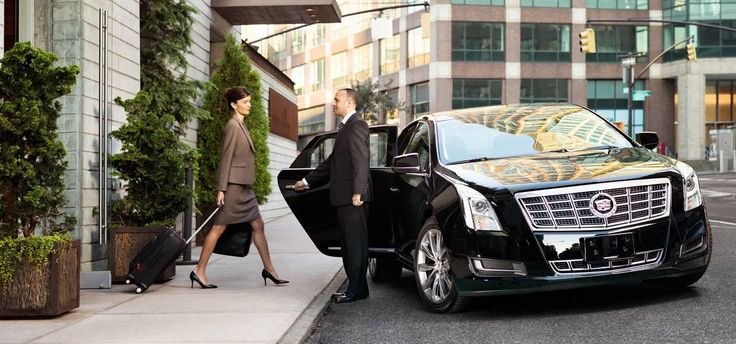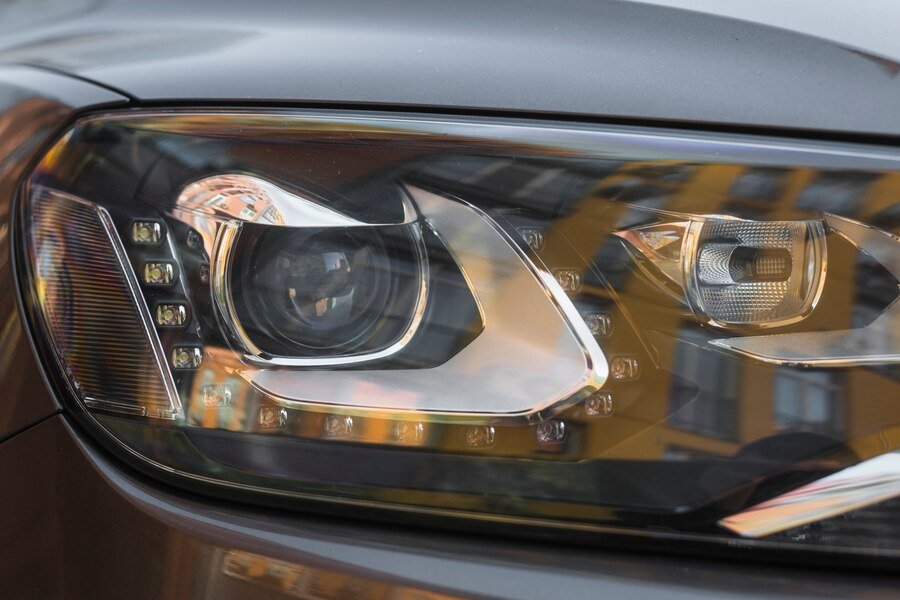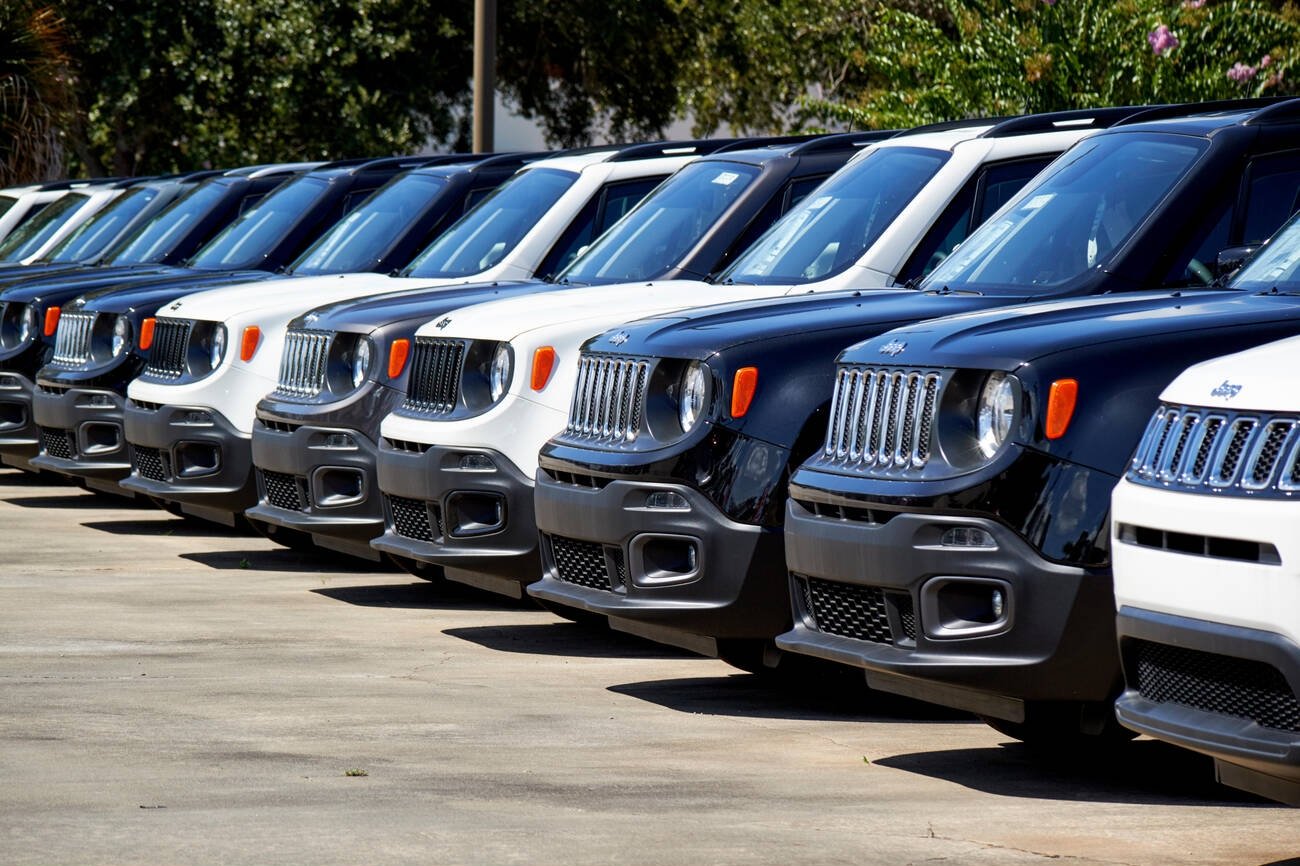Exploring Dubai by car is one of the best ways to experience everything the city has to offer, from the iconic Burj Khalifa to the vibrant Marina, and from bustling souks to the serene desert landscape. For both tourists and residents, renting a car in Dubai can be incredibly convenient, offering the freedom to explore at your own pace. However, there are essential steps and considerations to ensure a smooth rental experience.
This comprehensive checklist for Rent A Car Dubai covers everything you need to know before, during, and after your car rental, making sure you’re well-prepared to hit the road.
1. Research Your Rental Options
Identify Your Needs
Before renting a car, it’s crucial to consider the type of vehicle that suits your needs. Here are a few questions to guide your choice:
- How many passengers will be traveling? Compact cars are suitable for solo travelers or couples, while families may need a sedan or SUV.
- What type of driving will you be doing? For city travel, economy cars are perfect. However, if you plan on exploring desert landscapes, consider a 4×4 or SUV.
- Are you looking for luxury or practicality? Dubai offers a wide range of luxury car rentals, but if you’re on a budget, an economy or standard car might be a better choice.
Compare Rental Companies
Dubai has numerous rental car companies, both international brands and local providers. To get the best deal:
- Use Comparison Websites: Platforms like Rentalcars.com or Kayak allow you to compare prices and vehicle options from multiple rental companies.
- Check for Special Offers: Many companies offer discounts for online bookings or long-term rentals.
- Read Reviews: Ensure the rental company has a good reputation by checking online reviews.
2. Verify Requirements and Documentation
Age and License Requirements
In Dubai, you must meet certain age and license requirements to rent a car:
- Minimum Age: Most rental companies require you to be at least 21 years old. For luxury rentals, the minimum age is often 25.
- Driver’s License: Tourists from certain countries can use their home country’s driver’s license, while others may need an International Driving Permit (IDP).
Required Documents
Make sure you have the necessary documentation on hand before heading to the rental agency:
- Passport: Required for identification purposes.
- Driver’s License: Make sure it’s valid for the duration of your stay.
- Credit Card: Most rental companies require a credit card for the security deposit.
3. Understand Insurance Options
Basic Insurance
Rental companies typically include basic insurance, which covers third-party liability. However, this insurance may have limited coverage for damages to the rental vehicle.
Additional Insurance Options
Consider adding extra coverage for peace of mind:
- Collision Damage Waiver (CDW): Reduces your financial liability if the car is damaged in an accident.
- Theft Protection: Covers costs if the vehicle is stolen or damaged in an attempted theft.
- Personal Accident Insurance (PAI): Covers medical expenses in the event of an accident.
Check if your credit card or travel insurance offers rental car coverage, as this can save you from purchasing extra insurance through the rental company.
4. Inspect the Vehicle Thoroughly
Exterior Inspection
Before driving away, carefully inspect the car for any existing damage. Look for:
- Scratches and Dents: Check the body, bumpers, and rims for any visible scratches or dents.
- Lights and Mirrors: Ensure that the headlights, indicators, and mirrors are in good working condition.
Interior Inspection
Inspect the interior for cleanliness and functionality:
- Check the Odometer: Confirm the mileage, especially if you have a limited mileage plan.
- Test the AC and Electronics: Dubai’s climate can be extreme, so make sure the air conditioning works properly. Also, check the sound system, navigation, and any other electronics.
- Review Fuel Level: Most rental cars in Dubai operate on a full-to-full policy, meaning you should receive the car with a full tank and return it the same way.
Document and Report Issues
Take photos or videos of any damages you find and ensure the rental company notes them in the rental agreement. This documentation will protect you from being charged for pre-existing issues.
5. Review the Rental Agreement
Mileage Limits
Some rental agreements have mileage restrictions, especially on luxury or sports cars. Check if there are daily mileage limits, and confirm the cost per additional kilometer if you plan to exceed them.
Fuel Policy
Understand the fuel policy to avoid additional charges:
- Full-to-Full Policy: Common in Dubai, requiring you to return the car with a full tank.
- Prepaid Fuel Option: Some companies offer a prepaid fuel option, which may cost more but saves you from refueling before returning the vehicle.
Toll Fees (Salik)
Dubai uses an electronic toll system known as Salik. Passing through Salik gates incurs a fee, which the rental company will typically add to your final bill.
- Ask About Toll Charges: Some rental companies include Salik fees in the rental cost, while others charge them separately.
- Plan Routes to Avoid Tolls: If you’re on a budget, plan routes that avoid toll gates where possible.
Additional Fees
Be aware of any extra fees that may apply:
- Additional Driver Fees: Some companies charge for additional drivers.
- Young Driver Fees: If you’re under 25, you may incur an extra charge.
- Drop-Off Fees: For returning the car to a different location than the pick-up point.
6. Familiarize Yourself with Dubai’s Traffic Rules
Speed Limits
Dubai enforces strict speed limits, with fines for speeding violations. Speed cameras are prevalent, so stay within the posted limits to avoid fines.
Seat Belt and Mobile Use Rules
Seat belts are mandatory for all passengers, and using a mobile phone while driving is prohibited unless you have a hands-free device.
Parking Regulations
Be mindful of parking regulations in Dubai. Paid parking zones are common in the city, especially near malls and tourist attractions. Illegally parked vehicles are subject to fines or towing.
7. During the Rental Period
Keep Important Contact Information
Ensure you have contact details for the rental company in case of emergencies, mechanical issues, or roadside assistance needs.
Drive Responsibly
Respect traffic laws, be cautious at intersections, and keep an eye out for sudden lane changes. Dubai’s roads are typically safe, but it’s essential to stay alert, especially on highways.
Monitor Fuel and Mileage
Regularly check your fuel level to avoid running out in remote areas. If you have a limited mileage plan, track your mileage to prevent extra fees.
8. Returning the Vehicle
Clean the Car
Return the car in a clean condition. Some rental companies may charge a cleaning fee if the vehicle is excessively dirty.
Refill the Fuel Tank
Refuel the car as per the rental agreement. If you’re required to return it with a full tank, make sure it’s refilled before dropping it off to avoid refueling charges.
Inspect the Car One Last Time
Perform a final inspection of the vehicle to ensure you haven’t left behind any personal items. Also, check for any damages that may have occurred during your rental period.
Settle All Fees and Obtain a Receipt
Before leaving, confirm that all charges, including toll fees, have been settled. Request a final receipt that shows all payments and fees to avoid any unexpected charges later.
9. Frequently Asked Questions about Renting a Car in Dubai
Can Tourists Drive in Dubai?
Yes, tourists can drive in Dubai with a valid driver’s license from approved countries or an International Driving Permit.
Is Insurance Mandatory for Car Rentals in Dubai?
Yes, basic insurance is required for all car rentals. Additional insurance options are available for added coverage and peace of mind.
Do I Need a Credit Card to Rent a Car in Dubai?
Most rental companies require a credit card for the security deposit. Some may accept debit cards, but it’s best to confirm with the rental agency.

Conclusion
Renting a car in Dubai is an excellent way to explore the city and its surroundings at your own pace. By following this comprehensive checklist, you’ll be well-prepared for a smooth and enjoyable rental experience. From choosing the right vehicle and understanding insurance options to inspecting the car and following Dubai’s traffic rules, each step in the process contributes to a hassle-free journey.





